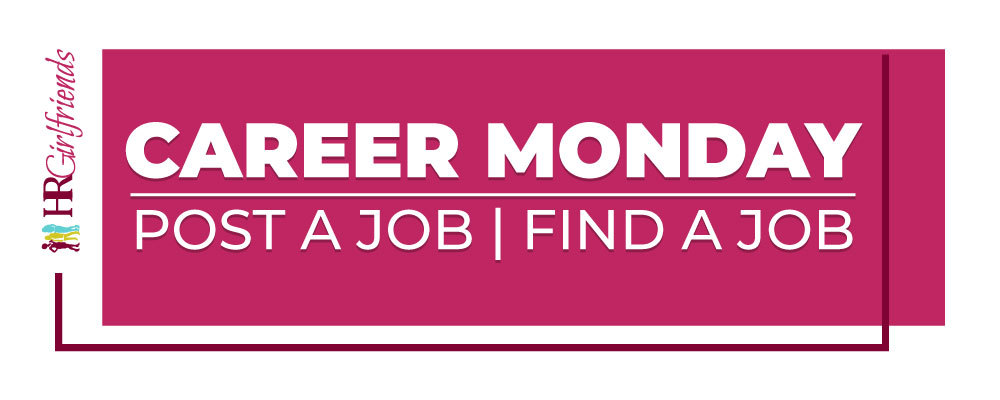Reference checks help you verify the employment information candidates provide, but they aren’t required, so it’s up to you whether you want to do them.
Here are some practices we recommend if you do choose to conduct reference checks:
* Get permission from candidates to contact references. This should be part of the application process and can be a simple yes/no question.
* Determine at what point during the hiring process you will perform reference checks. Checking references earlier in the process may help you decide which candidates to interview, but it usually means doing a lot more of them. On the other hand, waiting until after a conditional offer has been made may slow the process down if you find reason to rescind the job offer. Some employers choose the middle ground and do these checks only for final candidates.
* Decide how much information you want to obtain in the reference check but be prepared for many employers to have a policy of doing no more than confirming the dates the candidate was employed with them.
* Be consistent. Do the checks at the same time in the process and for all candidates applying for similar positions.
* Ask objective, job-related questions. Be aware that some states prohibit inquiring about salary history, though we don’t recommend asking even if it is permissible.
* Document the responses and keep them with your other recruiting and interviewing materials.
This Q&A does not constitute legal advice and does not address state or local law.
 Answer from Marisa, SPHR:
Answer from Marisa, SPHR:
Marisa has experience working in a wide variety of HR areas, including payroll, staffing, and training. Having supported HR functions in various industries, Marisa is able to apply her knowledge to each client’s particular situation. Marisa earned her B.S. in Business Administration and Communications from the University of Oregon. She loves movies, trying new restaurants, traveling, volunteering, and spending time with her three dogs.





